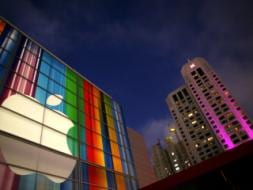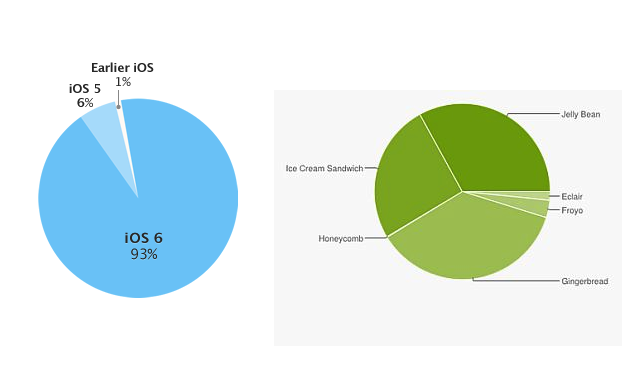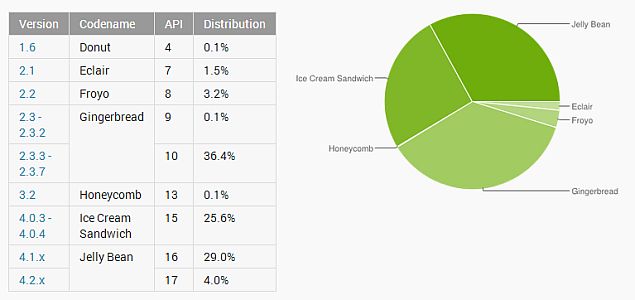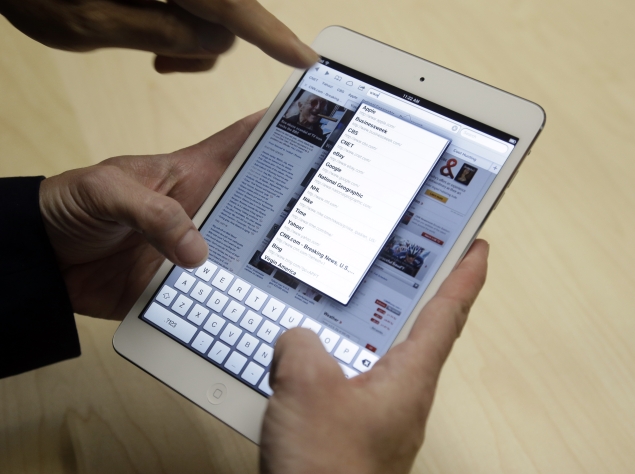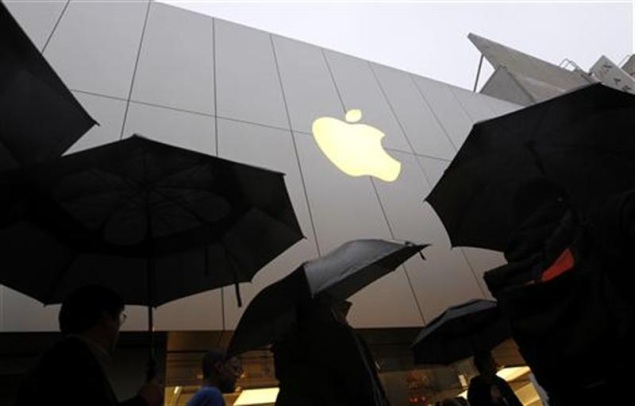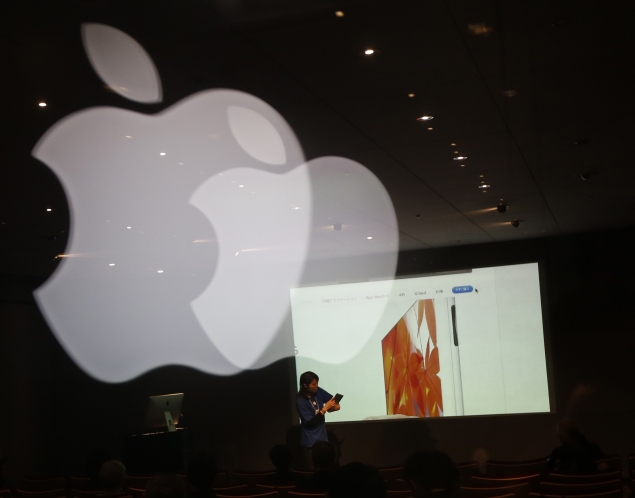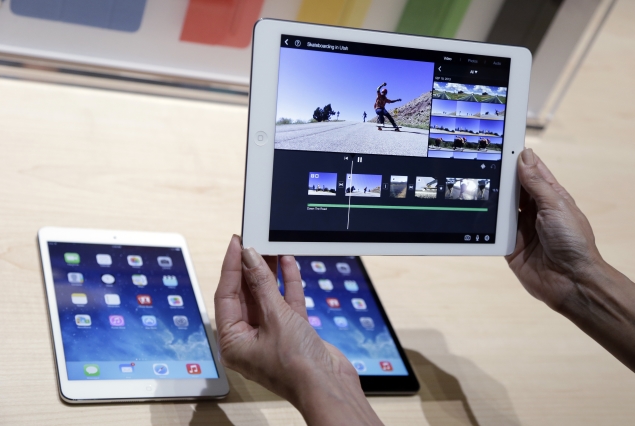
Apple Inc. unveiled a pair of new iPads and new MacBook Pro computers,
among other products, at an event in San Francisco on Tuesday. Here are
some product specifications:
iPad Air
Size
9.4 inches tall, 6.6 inches wide and 0.29 inch thick
Size
9.4 inches tall, 6.6 inches wide and 0.29 inch thick
Weight
1 pound
1 pound
Display
9.7 inches diagonally
9.7 inches diagonally
Resolution
2,048 pixels by 1,536 pixels, at 264 pixels per inch
2,048 pixels by 1,536 pixels, at 264 pixels per inch
Chip
A7 chip with 64-bit architecture and M7 motion coprocessor
A7 chip with 64-bit architecture and M7 motion coprocessor
Colours
Black with space gray, white with silver
Black with space gray, white with silver
Price
$499 for a Wi-Fi-only 16 gigabyte model, $599 for 32 GB, $699 for 64 GB and $799 for 128 GB. Add $130 for models with 4G LTE cellular access. Apple will still sell the 2011 model, iPad 2, for $399.
$499 for a Wi-Fi-only 16 gigabyte model, $599 for 32 GB, $699 for 64 GB and $799 for 128 GB. Add $130 for models with 4G LTE cellular access. Apple will still sell the 2011 model, iPad 2, for $399.
Availability
Nov. 1
Nov. 1
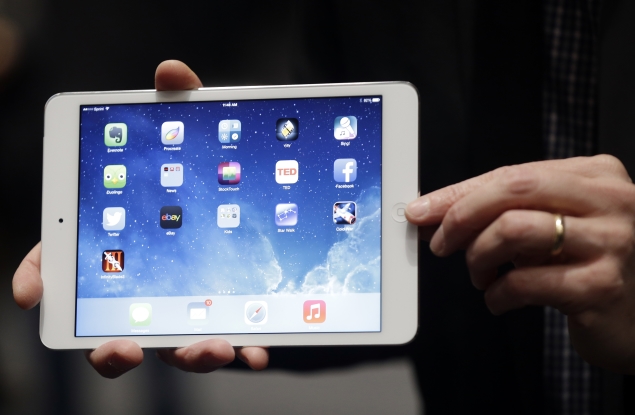 Apple also is refreshing its iPhoto and iMovie editing software
and the GarageBand app for creating music. New features are available
for both Mac and iOS devices. It's also free with new Mac and iOS
devices.
Apple also is refreshing its iPhoto and iMovie editing software
and the GarageBand app for creating music. New features are available
for both Mac and iOS devices. It's also free with new Mac and iOS
devices.
Ipad mini
Size
7.87 inches tall, 5.3 inches wide, 0.29 inch thick
Size
7.87 inches tall, 5.3 inches wide, 0.29 inch thick
Weight
0.73 pound
0.73 pound
Display
7.9 inches diagonally
7.9 inches diagonally
Resolution
2,048 pixels by 1,536 pixels, at 326 pixels per inch
2,048 pixels by 1,536 pixels, at 326 pixels per inch
Chip
A7 chip with 64-bit architecture and M7 motion coprocessor
A7 chip with 64-bit architecture and M7 motion coprocessor
Colours
Black with space gray, white with silver
Black with space gray, white with silver
Price
$399 for a Wi-Fi-only 16 gigabyte model, $499 for 32 GB, $599 for 64 GB and $699 for 128 GB. Add $130 for models with 4G LTE cellular access. Apple will sell last year's model, without the sharper display, for $299, down from $329.
$399 for a Wi-Fi-only 16 gigabyte model, $499 for 32 GB, $599 for 64 GB and $699 for 128 GB. Add $130 for models with 4G LTE cellular access. Apple will sell last year's model, without the sharper display, for $299, down from $329.
Availability
November
November
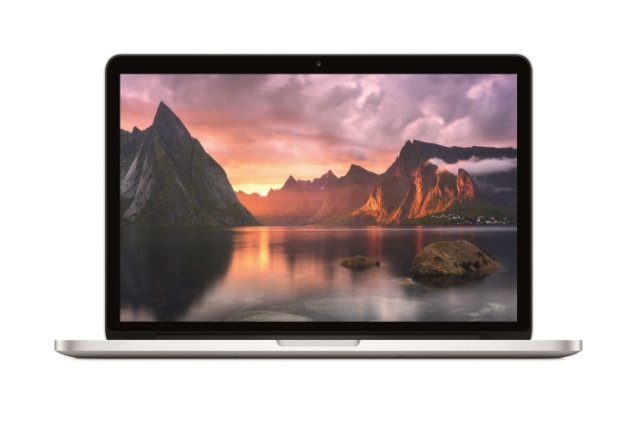
13-inch
Size
0.71 inch thick, (when closed), 12.35 inches wide and 8.62 inches deep
Weight3.46 pounds
Display13.3-inches diagonally
Resolution
2,560 pixels by 1,600 pixels, at 227 pixels per inch
Camera
720p FaceTime HD Camera
Battery
Up to 9 hours wireless web, or 30 days standby
Price
Starts at $1,299 for model with 128 gigabytes of solid-state memory, 2.4 GHz dual-core Intel Core i5
Availability
Tuesday
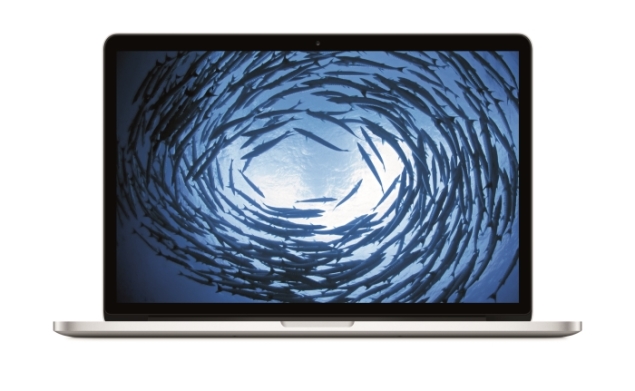 MacBook Pro
MacBook Pro15-inch
Size
0.71 inch thick, (when closed), 14.13 inches wide and 9.73 inches deep
Weight
4.46 pounds
Display
15.4 inches diagonally
Resolution
2,880 pixels by 1,800 pixels, at 220 pixels per inch
Camera
720p FaceTime HD Camera
Battery
Up to 8 hours wireless web, or 30 days standby
Price
Starts at $1,999 for model with 256 gigabytes of solid-state memory, 2.0 GHz dual-core Intel Core i7
Availability
Tuesday
Other products:
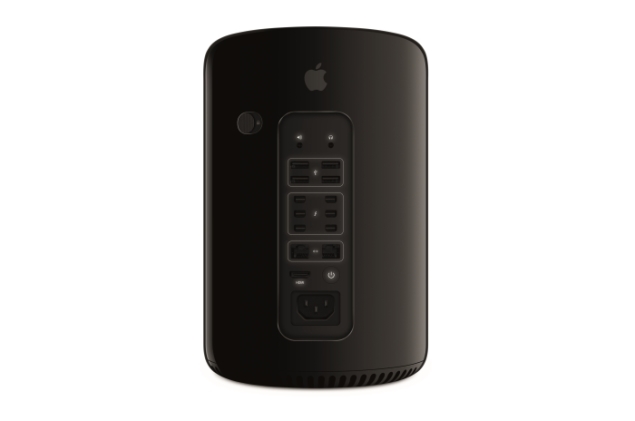 Mac Pro
Mac ProA high-end desktop computer in a cylinder casing and assembled in Austin, Texas. Available in December for a starting price of $2,999.
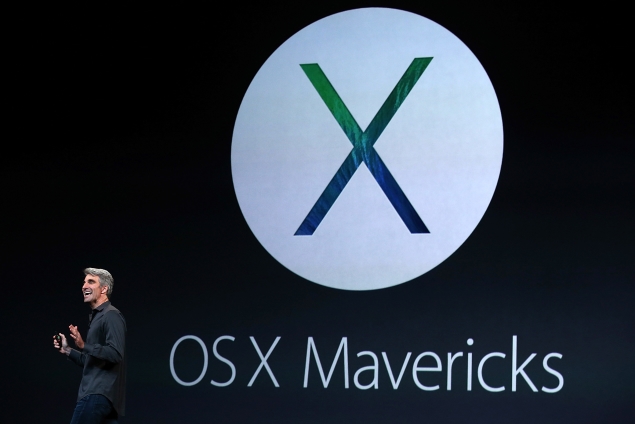 Mavericks
MavericksThe latest version of the Mac operating system. Unlike previous updates, Apple is releasing it for free. It promises better battery life, improved file management and new apps such as a Mac version of Maps.
iWork
Apple is refreshing its suite of word processing, spreadsheet and presentation software. Apple is offering it for free with new Mac and iOS devices. Once you buy the new device, you can install the app in older devices you own. Each of the three apps normally costs $20 for the Mac and $10 for iPhones and iPads.
iLife
